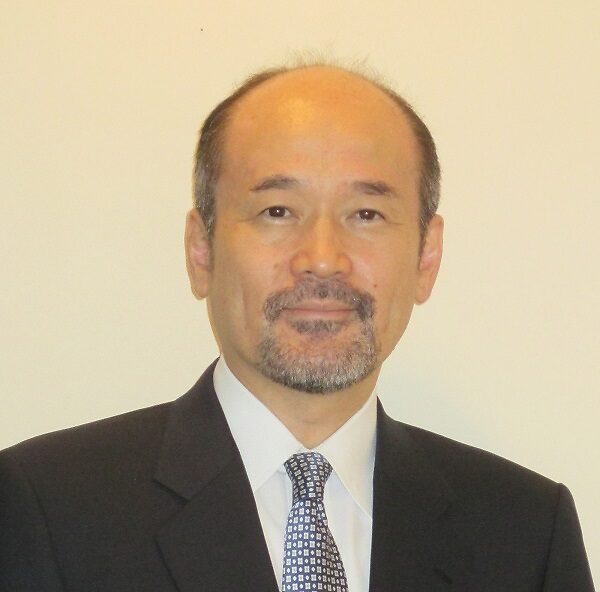[Seminar] Prof. Atsushi Kaneda "Epigenetic aberrations to drive gastric tumorigenesis"

Date
Location
Description
Speaker: Prof. Atsushi Kaneda, Department of Molecular Oncology, Graduate School of Medicine, Chiba University
Title: "Epigenetic aberrations to drive gastric tumorigenesis"
Abstract:
Epigenetic alterations accumulate in cells under specific environment and play critical roles in tumorigenesis, and cancer is therefore stratified into several molecular subtypes using comprehensive epigenomic information. By hierarchical clustering analysis using DNA methylation data, gastric cancer (GC) is stratified into several epigenotypes, where the environment factors e.g. aging, inflammation, and infection of pathogens cause de novo induction of aberrant DNA hypermethylation in different pattern. While the majority of GC is associated with Helicobacter pylori infection, causing chronic inflammation and accumulation of low-level DNA hypermethylation in gastric mucosa, the most severe DNA hypermethylation was observed in GC associated with Epstein-Barr virus (EBV) infection. EBV infection itself was shown to cause DNA methylation induction in >3,000 promoter CpG islands, involving increased expression of DNMT1 and inactivation of tumor suppressor genes e.g. p16 and SHP1. Repression of TET2 and loss of function in ARID1A also contributed to increase of DNA methylation. Using comprehensive Hi-C data for 3D chromatin structures, EBV GC also showed unique compartment changes. Episomal EBV DNA interacted with B compartment of human genome, converting a part of H3K9me3(+) heterochromatin to H3K4me1(+)/H3K27ac(+) euchromatin, and unleashing latent enhancers to engage and activate neighboring GC-related genes. EBV thus alters host epigenetic landscapes, not only by induction of severe DNA hypermethylation, but also by aberrant activation of enhancers in heterochromatin (“enhancer infestation”), driving gastric tumorigenesis.
Brief biography
Atsushi Kaneda acquired M.D. degree at Univ of Tokyo in 1994, and became assistant professor, Dept of Gastrointestinal Surgery, Univ of Tokyo in 1999. In 2000-2004, he first conducted DNA methylome analysis in gastric cancer (Ushijima Lab, National Cancer Center), and acquired Ph.D. degree at Univ of Tokyo. He studied at Johns Hopkins University in 2004-2006 (Feinberg Lab), and showed tumor risk by accumulated epigenetic alteration (Science 307:1976-8, 2005). As associate professor at Univ of Tokyo (Aburatani Lab, 2006-2013), he conducted JST PRESTO project for cancer stratification into molecular subtypes. He has been Professor at Department of Molecular Oncology, Chiba University since 2013, and has conducted JST CREST and AMED cancer projects to clarify epigenomic alteration and tumorigenesis by environmental factors (Nat Genet 52:919-930, 2020).
Subscribe to the OIST Calendar: Right-click to download, then open in your calendar application.



